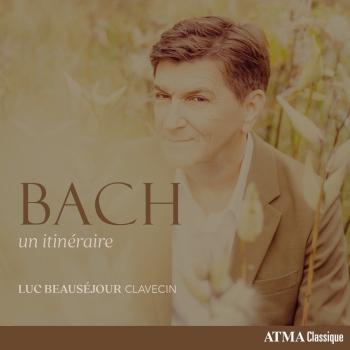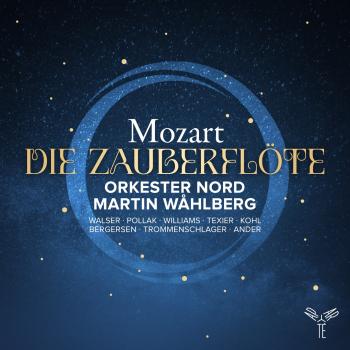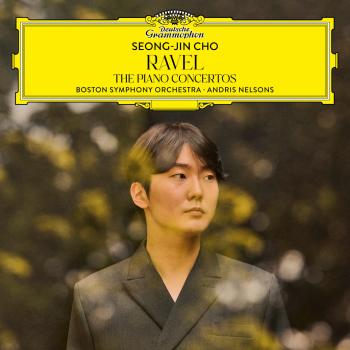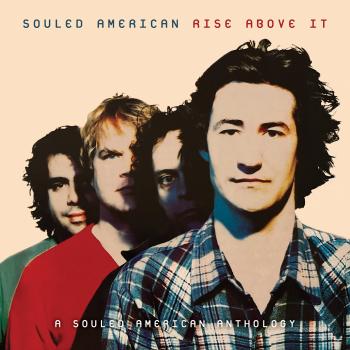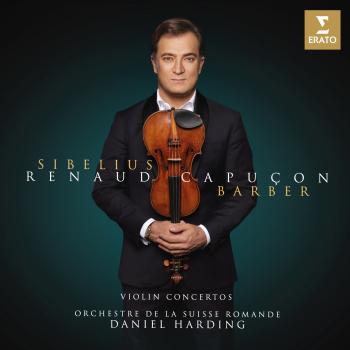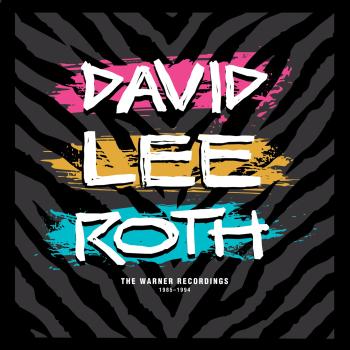Mari Tamaki & Sirius Quartet
Biography Mari Tamaki & Sirius Quartet
Sirius Quartet
“Versatility and flair with lively improvisations… Driving rhythms and aggressive arpeggios were woven around an elusive cello melody in this engaging score.” — The New York Times
“One of the highlights of the festival… each breakout solo seemed as inevitable as it was spontaneous.” — The Wall Street Journal
“For nearly two hours, the group dazzled the packed house with virtuosic, rock-inflected, jazz-grounded, classical-minded polyglot music that was by turns lilting and churning, diaphanous and crushing, placid and rhythmic, soothing and fiery… always compelling and always exhilarating.” — Imperfect Fifths
Internationally acclaimed veterans of contemporary music, Sirius Quartet combines exhilarating repertoire with unequalled improvisational fire. These conservatory-trained performer-composers shine with precision, soul and a raw energy rarely witnessed on stage, championing a forward-thinking, genre-defying approach that makes labels like ‘New Music’ sound tame.
Since their debut concert at the original Knitting Factory in New York City, Sirius has played some of the most important venues in the world, including Lincoln Center’s Alice Tully Hall, the Beijing Music Festival, the Cologne Music Triennale, Stuttgart Jazz, Musique Actuelle in Canada, the Taichung Jazz Fest – Taiwan’s biggest jazz event – and many others.
Having premiered works by significant living composers, Sirius continues their long-running commitment to musical innovation with bold, original works by its own members, pushing beyond the conventional vocabulary of string instruments by incorporating popular song forms, extended techniques, gripping improvisations and undeniable, contemporary grooves.
Mari Tamaki
is a Japanese cellist, composer, performer, and producer whose great improvisational and compositional skills create fascinating music, fluidly crossing genres both classical and contemporary.
She began her musical studies on the piano at the age of 3 and began cello studies at the age of 11 with Yuji Tsukitari of the Yomiuri Nippon Symphony Orchestra. She developed her musical talents and instrumental skills without attending formal music schools. She earned her master’s degree in quantum chemistry from Chiba University in Japan. Her journey to become a professional musician was unique and special. When she was a graduate student at age 24, she played as an amateur cellist at an orchestra conducted by Shigenobu Yamaoka, a famous Japanese conductor. He quickly discovered her buried talent and guided her to become a professional cellist and musician. Her unique background and experience as a professional musician allow her to aggressively and actively perform in borderless musical genres.
As a composer, she has successfully created works in a variety of styles, including classical music, progressive rock, free improvisation, avant-garde, and collaboration with the Butoh dance form. In her pieces, she skillfully transitions from tense dissonance to complete harmonization by the end. She employs a lyrical style while emphasizing dissonance.
With the elegant, delicate, and dynamic sounds of her music, she is well-known for scores of string quartet pieces. The Romantic Cafe has been used as theme music for television. She also produced KAGEROHI (heat haze), theme music for a recitation drama; ASAHI DE KOME WO TOGU (washing rice in the rising sun), theme music for a stage drama featuring the actor Keisuke Sagawa; and Aluett, theme music played for a theatrical drama performed by Theatre Murs, along with many other pieces.
She has been pursuing musical adventures as an innovative cellist. She created work reflecting Japanese spirituality by collaboration with Kazuo Ohno Dance Studio and Saga Kobayashi at Istituto Di Cultura Tokyo in Butoh. She performed works at Pacifico Yokohama Convention Hall that have been inspired by the sound of the natural environment. At Stella Boyle Smith Concert Hall in Arkansas, she performed work for violin duo entitled Tennyo no mai (the heavenly maiden’s dance) using a phrase of Japanese traditional 能 (Noh) as a subject. She always focuses on Japanese archetypes in her works.
Tamaki released her first album of such inspiring music pieces performed not only at concert halls but also at live houses, drama theaters, and art studios. The title of the album was the 1st movement/Ripple and was played by R-Aal, Japan’s first string quartet with a repertoire of original Japanese musical pieces that had never been previously recorded.
“Tamaki creates the new world of music with elaborative classical sound and innovative modern sound evoking progressive rock.” (Indie’pend Magazine)
“Tamaki’s musical pieces, filled with unique approach and unexpected development, keep the audience thrilled and excited.” (Jun Fukamachi, a Japanese composer and a keyboard player)
“Tamaki creates her own mood, which is elevated from quiet and thought-provoking to powerful and uplifting.” (Yasuyuki Fujino, Music Producer)

